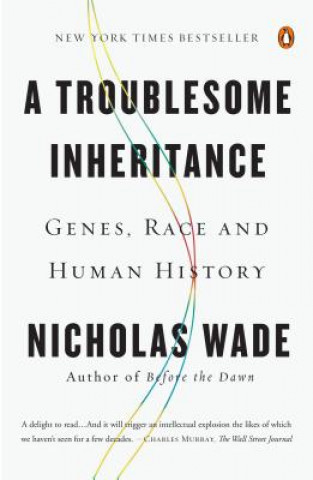
Kód: 09027835
Troublesome Inheritance
Autor Nicholas Wade
Drawing on startling new evidence from the mapping of the genome, an explosive new account of the genetic basis of race and its role in the human story§ Fewer ideas have been more toxic or harmful than the idea of the biological r ... celý popis
- Jazyk:
 Angličtina
Angličtina - Vazba: Brožovaná
- Počet stran: 278
Nakladatelství: Penguin Putnam Inc, 2015
- Více informací o knize

413 Kč

Skladem u dodavatele v malém množství
Odesíláme za 10-14 dnů
Potřebujete více kusů?Máte-li zájem o více kusů, prověřte, prosím, nejprve dostupnost titulu na naši zákaznické podpoře.
Přidat mezi přání
Mohlo by se vám také líbit
-
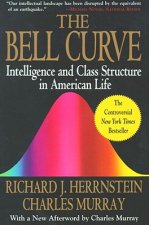
The Bell Curve
463 Kč -

People That Shall Dwell Alone
698 Kč -

Rise And Fall Of The Third Reich
543 Kč -

Might is Right
314 Kč -
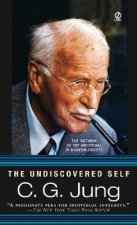
The Undiscovered Self
266 Kč -

History of Central Banking and the Enslavement of Mankind
562 Kč -

Ideas Have Consequences
444 Kč -

Revolt Against the Modern World
616 Kč -

Strange Death of Europe
433 Kč -

We
242 Kč -

Heinrich Himmler
761 Kč -

My Life - Oswald Mosley
874 Kč -

1453
499 Kč -

Notes on Nationalism
89 Kč -

Hitler's Revolution
419 Kč -
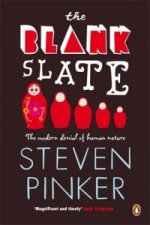
Blank Slate
356 Kč -
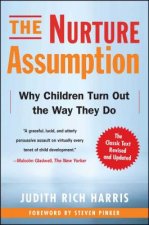
Nurture Assumption
423 Kč -

'Hitler Myth'
383 Kč -

Berlin
378 Kč -

Revolution 1989
356 Kč -

Crime and Punishment
116 Kč -
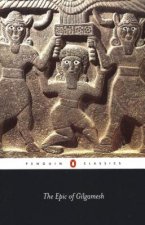
Epic of Gilgamesh
302 Kč -

Iliad
80 Kč -

D-Day
378 Kč -

The Body Electric
420 Kč -

Young Stalin
356 Kč -

The Master-Key to Riches
388 Kč -
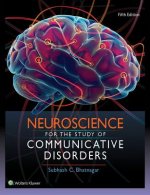
Neuroscience for the Study of Communicative Disorders
3563 Kč -

ketoCONTINUUM Workbook The Steps to be Consistently Keto for Life
444 Kč -

Breaking the Habit of Being Yourself
410 Kč -

Miss Peregrine's Home for Peculiar Children
249 Kč -

Conquistadors
410 Kč -

Texas Ranger
458 Kč -
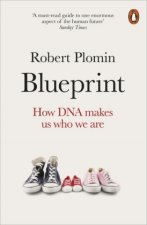
Blueprint
323 Kč -

Fragile Lives
302 Kč -

Fist of the North Star, Vol. 5
401 Kč -

International Law 2nd Edition
1665 Kč -

10% Human
323 Kč -

Excel 2016 Power Programming with VBA
1066 Kč -

What If?
247 Kč -

Guns, Germs and Steel
378 Kč -

Dishonored - The Corroded Man
223 Kč
Darujte tuto knihu ještě dnes
- Objednejte knihu a zvolte Zaslat jako dárek.
- Obratem obdržíte darovací poukaz na knihu, který můžete ihned předat obdarovanému.
- Knihu zašleme na adresu obdarovaného, o nic se nestaráte.
Více informací o knize Troublesome Inheritance
Nákupem získáte 41 bodů
 Anotace knihy
Anotace knihy
Drawing on startling new evidence from the mapping of the genome, an explosive new account of the genetic basis of race and its role in the human story§ Fewer ideas have been more toxic or harmful than the idea of the biological reality of race, and with it the idea that humans of different races are biologically different from one another. For this understandable reason, the idea has been banished from polite academic conversation. Arguing that race is more than just a social construct can get a scholar run out of town, or at least off campus, on a rail. Human evolution, the consensus view insists, ended in prehistory.§§Inconveniently, as Nicholas Wade argues in A Troublesome Inheritance , the consensus view cannot be right. And in fact, we know that populations have changed in the past few thousand years - to be lactose tolerant, for example, and to survive at high altitudes. Race is not a bright-line distinction; by definition it means that the more human populations are kept apart, the more they evolve their own distinct traits under the selective pressure known as Darwinian evolution. For many thousands of years, most human populations stayed where they were and grew distinct, not just in outward appearance but in deeper senses as well.§§Wade, the longtime journalist covering genetic advances for The New York Times , draws widely on the work of scientists who have made crucial breakthroughs in establishing the reality of recent human evolution. The most provocative claims in this book involve the genetic basis of human social habits. What we might call middle-class social traits - thrift, docility, nonviolence - have been slowly but surely inculcated genetically within agrarian societies, Wade argues. These "values" obviously had a strong cultural component, but Wade points to evidence that agrarian societies evolved away from hunter-gatherer societies in some crucial respects. Also controversial are his findings regarding the genetic basis of traits we associate with intelligence, such as literacy and numeracy, in certain ethnic populations, including the Chinese and Ashkenazi Jews.§§Wade believes deeply in the fundamental equality of all human peoples. He also believes that science is best served by pursuing the truth without fear, and if his mission to arrive at a coherent summa of what the new genetic science does and does not tell us about race and human history leads straight into a minefield, then so be it. This will not be the last word on the subject, but it will begin a powerful and overdue conversation.
 Parametry knihy
Parametry knihy
Zařazení knihy Knihy v angličtině Mathematics & science Biology, life sciences Human biology
413 Kč
- Plný název: Troublesome Inheritance
- Podnázev: Genes, Race and Human History
- Autor: Nicholas Wade
- Jazyk:
 Angličtina
Angličtina - Vazba: Brožovaná
- Počet stran: 278
- EAN: 9780143127161
- ISBN: 0143127160
- ID: 09027835
- Nakladatelství: Penguin Putnam Inc
- Hmotnost: 258 g
- Rozměry: 139 × 212 × 22 mm
- Datum vydání: 28. April 2015
Oblíbené z jiného soudku
-
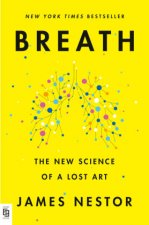
Breath
285 Kč -
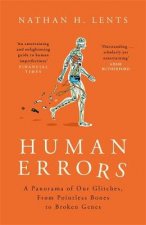
Human Errors
302 Kč -
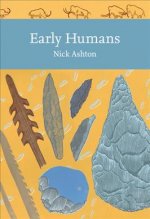
Early Humans
944 Kč -

Bent Out of Shape
546 Kč -
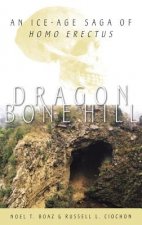
Dragon Bone Hill
1212 Kč -
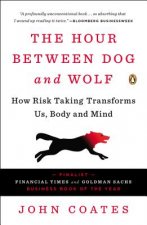
Hour Between Dog and Wolf
459 Kč -
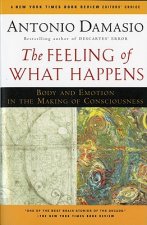
Feeling of What Happens
538 Kč -
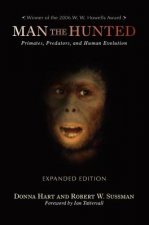
Man the Hunted
1783 Kč -
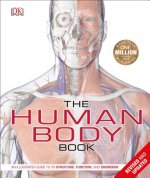
Human Body Book
755 Kč -
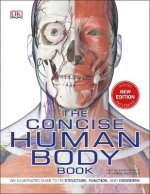
Concise Human Body Book
356 Kč -
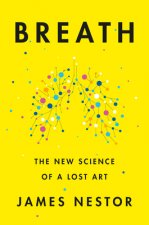
Breath
652 Kč -
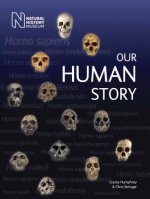
Our Human Story
421 Kč -
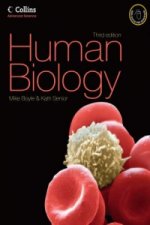
Human Biology
1656 Kč -

Britain: One Million Years of the Human Story
379 Kč -
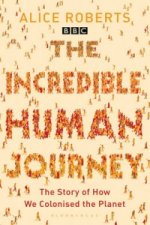
Incredible Human Journey
463 Kč -

The Body: A Guide for Occupants
716 Kč -
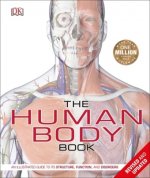
Human Body Book
574 Kč -
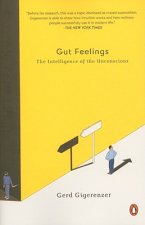
Gut Feelings
464 Kč -

High Resolution Archaeology and Neanderthal Behavior
1665 Kč -

Neandertals
523 Kč -
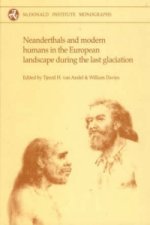
Neanderthals and Modern Humans in the European Landscape Dur
2316 Kč -
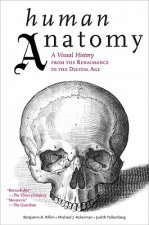
Human Anatomy
518 Kč -
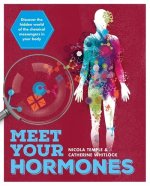
Meet Your Hormones
410 Kč -
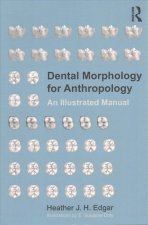
Dental Morphology for Anthropology
1467 Kč -

How to Pass Higher Human Biology, Second Edition
534 Kč -
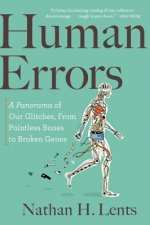
Human Errors
342 Kč -

Ecology of Power
1429 Kč -
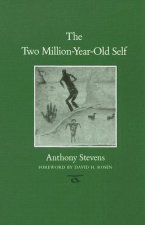
Two Million-Year-Old Self
498 Kč -

Companion to Forensic Anthropology
1694 Kč -
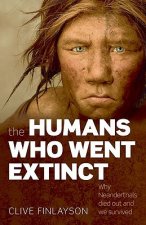
Humans Who Went Extinct
329 Kč -

Sensory Inhibition
1456 Kč -
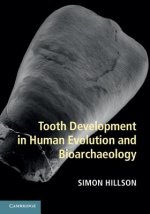
Tooth Development in Human Evolution and Bioarchaeology
2137 Kč -
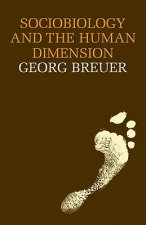
Sociobiology and the Human Dimension
1202 Kč -

Prehistoric Settlements
606 Kč -
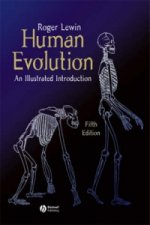
Human Evolution - An Illustrated Introduction 5e
2096 Kč -

Human Physiology: A Very Short Introduction
282 Kč -

Kluge
342 Kč -

Gray's Anatomy
1668 Kč -
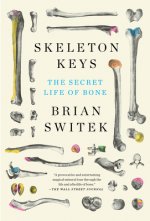
Skeleton Keys
453 Kč -
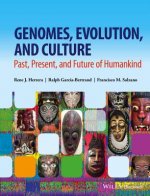
Genomes, Evolution, and Culture - Past, Present, and Future of Humankind
2489 Kč -

Cambridge Encyclopedia of Human Paleopathology
3175 Kč -

Gray's Anatomy
1093 Kč -
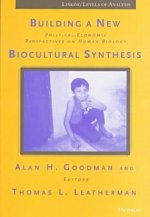
Building a New Biocultural Synthesis
1140 Kč -
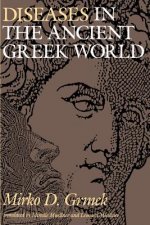
Diseases in the Ancient Greek World
1088 Kč -
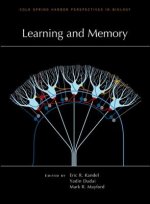
Learning and Memory
2820 Kč -
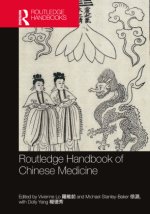
Routledge Handbook of Chinese Medicine
6711 Kč -

Imperial Leather
1900 Kč -

Brief Atlas of the Human Body, A
1154 Kč -
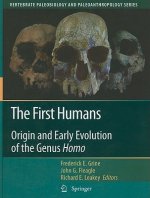
First Humans
4189 Kč
Osobní odběr Praha, Brno a 12903 dalších
Copyright ©2008-24 nejlevnejsi-knihy.cz Všechna práva vyhrazenaSoukromíCookies


 Vrácení do měsíce
Vrácení do měsíce 571 999 099 (8-15.30h)
571 999 099 (8-15.30h)